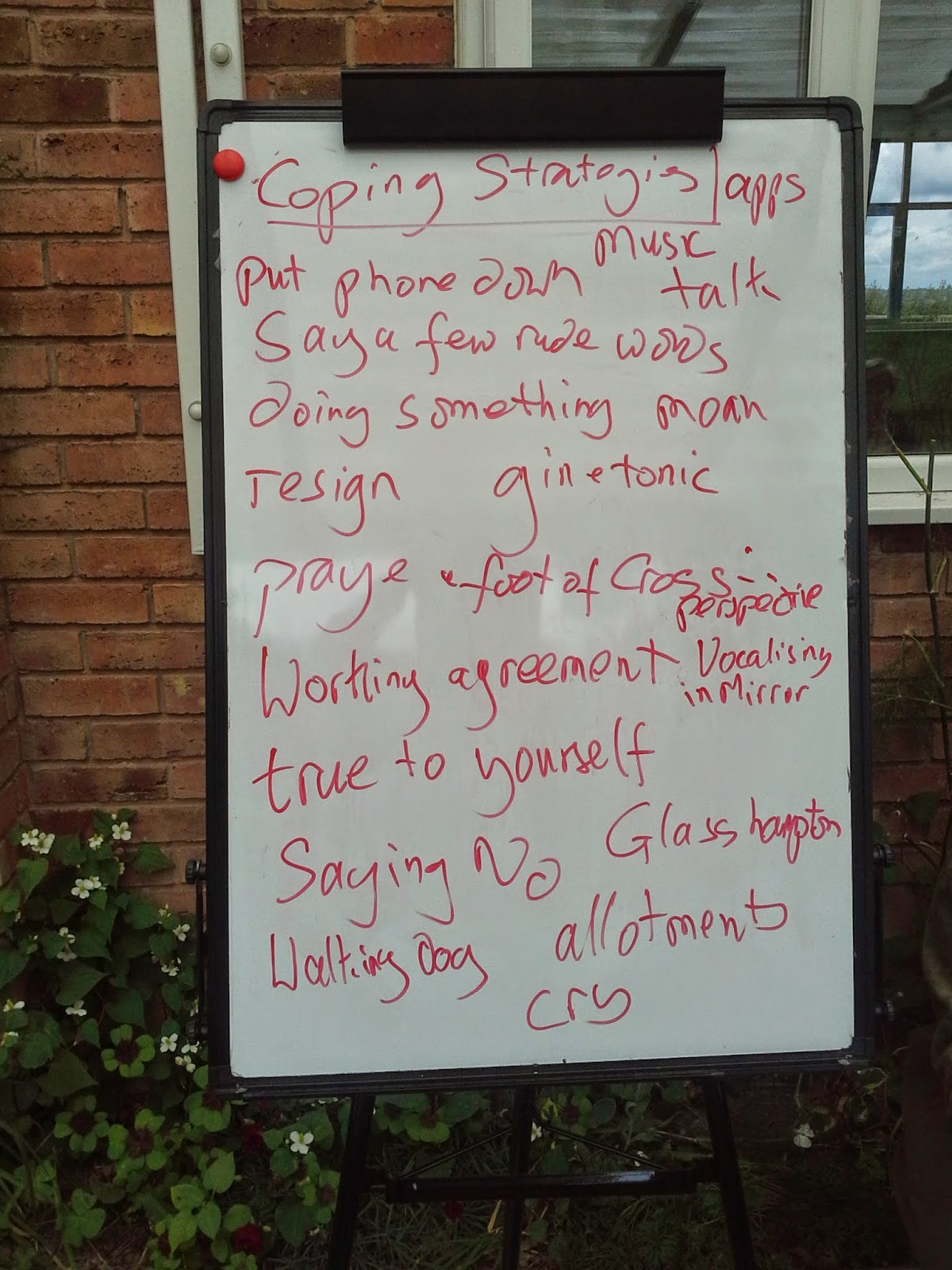Mr & Mrs C –of –E were out for a Sunday afternoon
stroll. In days gone by they might have had a proper walk, seven miles or so, but age brought creaks and pains so now it was
more of a stroll. They thought the exercise would do them good because they
were both a bit down. That was to be expected as it had been a strange time.
Their friend,–well more than a friend really, it was hard to describe what he
meant to them, had been killed. He’d done something, they weren’t quite sure
what, to upset the authorities and it had all been a bit nasty really. He’d been arrested one evening, some sort of fast
track trial that night and then executed the following day.
It had been a bit of a blow for Mr & Mrs C –of –E, but a
breath of fresh air would do them good. They were sure of that; fresh air, exercise,
a stiff upper lip and just keep soldiering on.
“I’m not sure I think much to that,” said Mr C –of –E to
Cleo, his wife, gesturing to an advertising hording with a product that
promised relief from heart burn. “I’ve never had a problem with heart burn.”
“I’m not into burning things either,” replied Cleo, “I remember
when it was the rage to burn bras, but bras, bridges, candles, hearts. It all
seems a undignified to me.”
As Cleo and her husband walked they were aware of someone
walking with them. That was strange because they hadn’t caught anyone else up
on the path. If they had been catching up with someone they’d have hung back so
they could keep themselves to themselves. And if someone had been catching them
from behind they would have hurried on so as not to have to speak. But someone
had caught up with them and was walking next to them........ And was talking to
them!!
“You’re looking a bit down,” said the stranger.
“Afternoon,” said Mr C
–of –E curtly
“Everything all right?” persisted the stranger.
“Funny weather for the time of year,” replied Mrs C –of –E, “It
wouldn’t surprise me if there was a storm later, but not as odd as three days
ago. The sky turned black and the sun was blotted out.”
“Oh how foolish you are and slow to believe,” answered the
stranger and starting with the weather he explained to them all the things that
had happened to their friend and put it all into a bigger picture – the picture
of God’s love for His World.
They were getting towards the end of their stroll and Mr C –of
–E was a bit taken aback when Cleo invited the stranger to came and have a cup
of tea and piece of cake with them. They didn’t usually pick up strange people
when they were out. He was even more surprised
when the stranger didn’t wait to have the tea poured for him but took the pot
and poured it himself. And he was completely
dumbfounded when the stranger vanished from their sight.
“You know, he was a bit like our friend that was executed,”
said Cleo
“Can’t have been,” answered her husband, “It doesn’t do to
get carried away.”
“We must tell his other friends”, said Cleo, “If he’s alive
death isn’t the end”.
“It doesn’t do any good to ram religion down other people’s
throats”, came the response. “I mean faith is all very well but it’s personal
and you’ll upset people by talking about it.
Yes, you’re right. It was Him. It wasn’t a ghost. He’s drunk the tea and
eaten the cake. But we’ll keep it as our secret. It’ll cause too much trouble
if we tell others.”
So they finished their tea and said nothing to anyone





